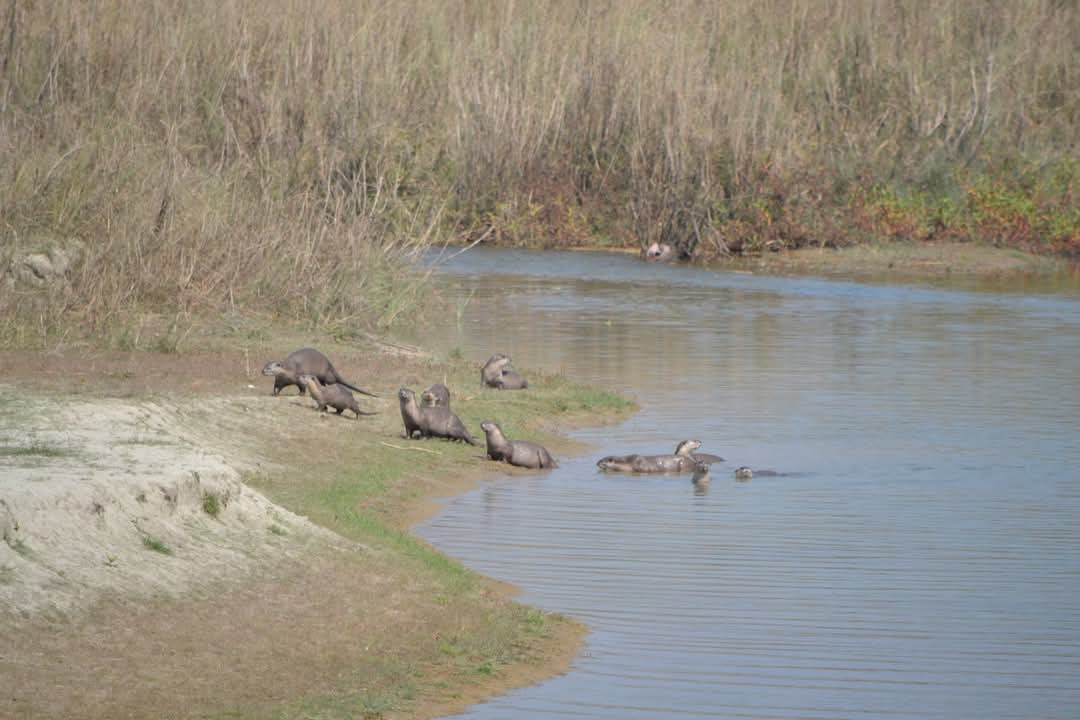Lalitpur, January 29, 2025 - In a groundbreaking demonstration of grassroots environmental stewardship, Nepal’s local communities are making waves in biodiversity conservation through innovative approaches and sustainable practices. With over 22,000 community forest user groups (CFUGs) managing approximately 2.3 million hectares of forest land, Nepal is setting a global benchmark for community-based conservation.
Recent efforts in buffer zone areas surrounding national parks such as Chitwan and Bardia have seen remarkable success in mitigating human-wildlife conflicts. Electric fencing initiatives and the promotion of sustainable livelihoods have reduced poaching incidents and fostered coexistence between wildlife and locals. In 2024 alone, local anti-poaching units were credited with preventing over 50 illegal hunting attempts, a record achievement in the region.
Meanwhile, agro-biodiversity conservation is gaining momentum. Local farmers in remote districts like Jumla and Humla are collaborating with the National Genebank of Nepal to revive traditional crop varieties like black barley and Jumli rice. These efforts not only preserve genetic diversity but also promote climate-resilient farming practices amid rising environmental challenges.
In wetland conservation, communities around the Ramsar-listed Beeshazar Lake are combining eco-tourism with restoration activities. The introduction of eco-friendly homestays and guided bird-watching tours generated over NPR 10 million in revenue in 2024, a portion of which was reinvested in habitat restoration projects.
Furthermore, the role of youth in conservation is taking center stage. The recent "Eco-Youth for Change" campaign organized in January 2025 saw participation from over 5,000 students nationwide. Activities ranged from mangrove plantation drives to awareness programs on plastic pollution, showcasing the potential of young minds in shaping Nepal’s sustainable future.
Ecosphere News commends these unsung local heroes for their relentless commitment to safeguarding Nepal’s unparalleled biodiversity. As the global spotlight increasingly focuses on community-driven conservation models, Nepal’s story serves as an inspiration for the world.
Stay tuned for our upcoming feature on the Annapurna Conservation Area Project (ACAP), where eco-tourism and conservation intersect to create sustainable solutions.